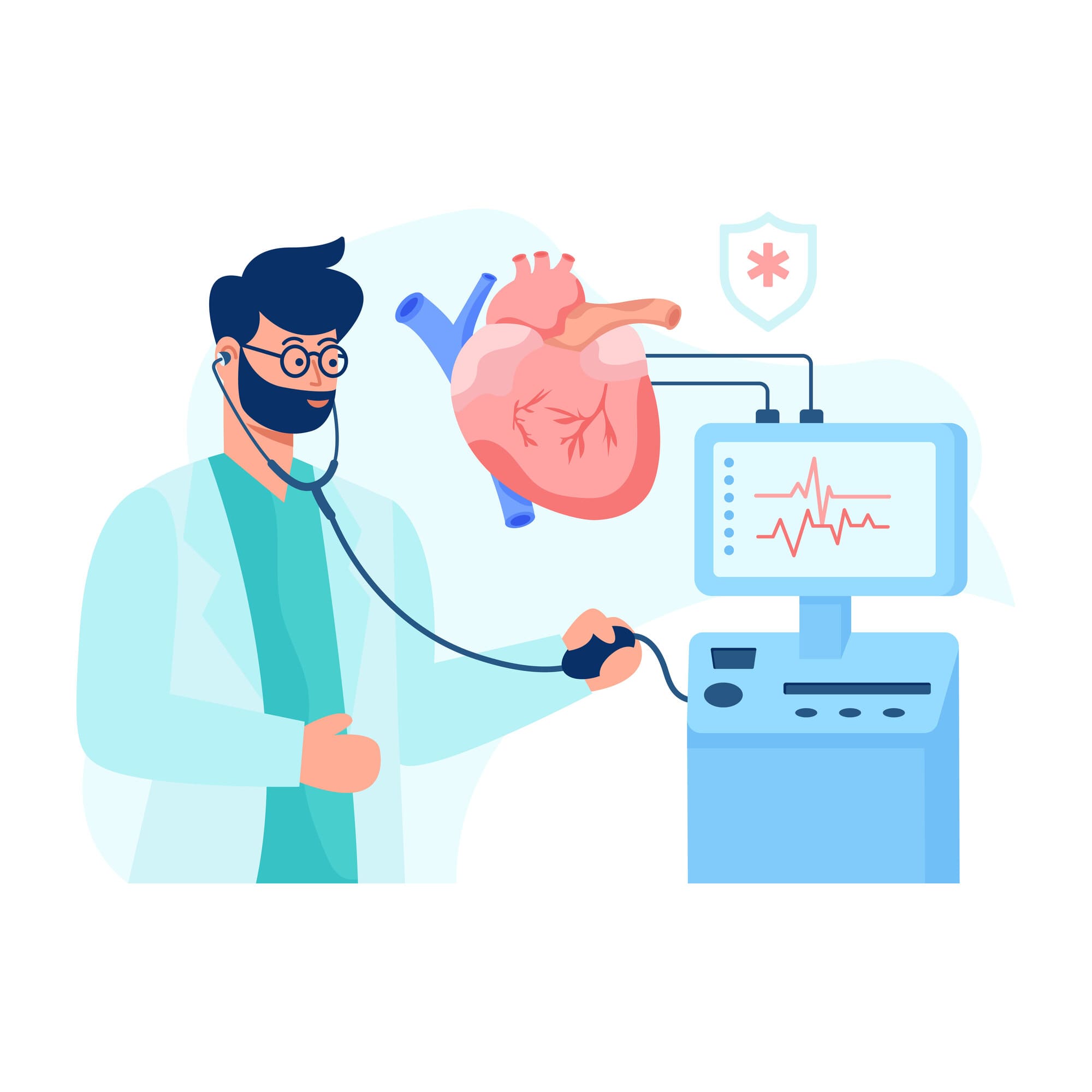Your heart deserves special care when it comes to taking care of your health. Despite this, cardiovascular disease is still the leading cause of death throughout the world, and many of these deaths can be prevented with timely interventions and regular monitoring.
Here’s where heart tests come in handy. They help you know what’s going on with your heart’s health when there’s a problem and how to treat it.
Why Heart Tests Are Essential
Heart tests are not simply a way to diagnose ill conditions but great preventive measures. They can also help find out if you’re at risk for problems and help find out how your heart is working and any abnormalities before symptoms show up.
This enables you to catch problems early, and you can do something about them, like make lifestyle changes, take medication or have surgical interventions. An example is an electrocardiogram, a common test that detects irregular rhythm cardiac MRI, a more sophisticated test that can detect structural abnormalities.
Creating personalized heart health care plans depends on these tests. If you have risk factors for heart disease, you need heart tests. Among them are a history of heart disease in the family, high blood pressure or high cholesterol, diabetes, or smoking.
Electrocardiogram
The ECG is a quick and painless test that measures the electrical activity of your heart. Small electrodes are placed on your chest, arms, and legs to record your heart’s rhythm and detect irregularities.
This test is especially useful for diagnosing arrhythmias (abnormal heart rhythms), detecting previous heart attacks, and establishing a baseline for ongoing heart health monitoring.
Echocardiogram
An echocardiogram uses ultrasound waves to create detailed images of your heart. It shows how your heart beats and pumps blood, making it invaluable for diagnosing valve issues, heart muscle abnormalities, and structural defects.
Echocardiograms are noninvasive imaging tests that use sound waves to create moving pictures of the heart. There are several types, including the transthoracic echocardiogram, which is the most common and performed outside the chest.
A transesophageal echocardiogram, where a probe is inserted through the oesophagus, may be used for more detailed images. A stress echocardiogram is conducted before and after exercise to assess heart function under physical stress.
Stress Test
This test evaluates how your heart performs under physical stress, typically involving walking or running on a treadmill. For individuals unable to exercise, medication is used to simulate the effect of stress on the heart.
Stress tests help detect coronary artery disease, assess the severity of existing conditions, and guide treatment plans.
Cardiac CT Scan
A Cardiac CT is similar to a CT scan except that it produces 3D images of your heart and blood vessels. It’s particularly good at detecting plaque buildup in the arteries and can look at structural changes.
This test most often involves the use of a contrast dye to increase visibility and allows for detailed assessments of coronary arteries and blood flow.
Cardiac MRI
Using magnetic fields and radio waves, a Cardiac MRI creates highly detailed images of your heart’s structure and function. It’s ideal for diagnosing complex conditions like cardiomyopathy and congenital heart defects.
Unlike CT scans, MRIs do not involve radiation, making them safer for repeated use.
Holter Monitoring
A Holter monitor is a portable ECG device worn for 24–72 hours to continuously record your heart’s electrical activity. It’s particularly helpful for detecting irregularities that don’t show up during a standard ECG.
Patients are often asked to keep a diary of their activities and symptoms while wearing the device, enabling doctors to correlate findings with specific triggers.
How These Tests Save Lives
Heart tests have much more purpose than diagnosis alone. Early detection of conditions such as blocked arteries is possible, and timely interventions can be made to prevent serious events.
Testing is regular, and treatment effectiveness is monitored to determine the need for adjustments. In addition, these tests provide useful data to help make judgements regarding procedures such as stenting.
Heart tests give you peace of mind, relieve some of your anxiety, and get you proactively taking steps to keep your heart healthy.
Who Should Consider Heart Tests?
While heart tests are crucial for those with symptoms like chest pain, shortness of breath, or palpitations, they’re equally important for individuals with no apparent issues but significant risk factors.
Even if you feel healthy, a heart test might uncover silent problems that could become serious later. Your doctor will recommend the appropriate tests based on age, family history, and overall health.




